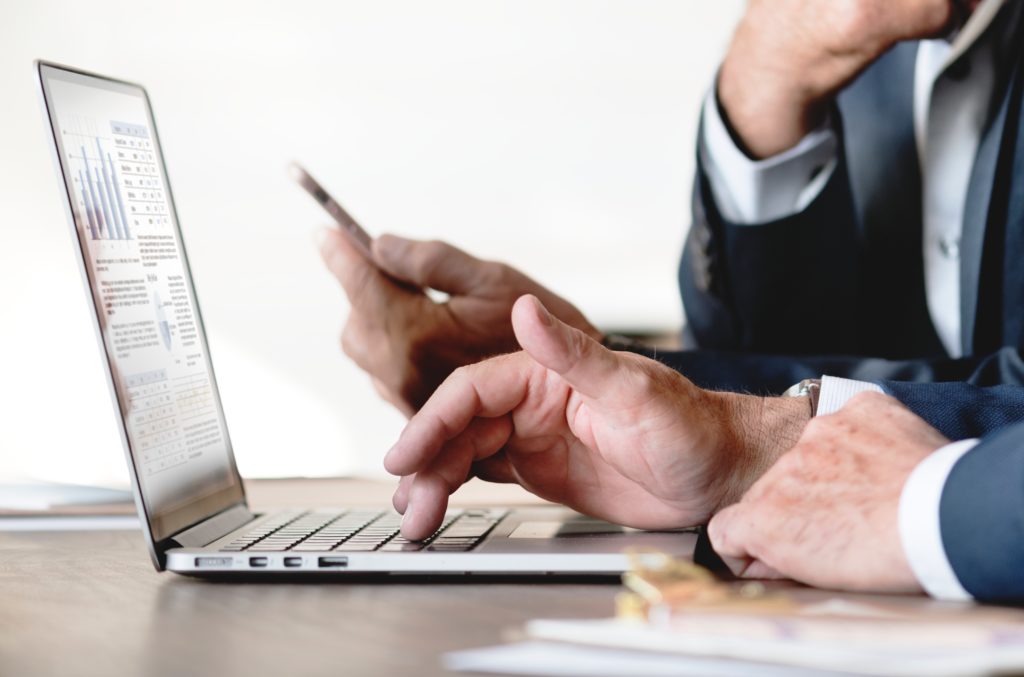Should We Send Emails After Hours?
Email etiquette is important and hitting that ‘send’ button can be the difference between a successful business exchange and a potential HR issue or conflict. It’s important to note, staff are not paid to check emails at night or over the weekend. Employees have the right to disconnect. Even if you’re not expecting a reply straight away, your employee might feel obligated to reply to their boss’ email.
Emails are often misconstrued due to ambiguous tone or lack of facial cues. Such misunderstandings have big implications to the way an email is read. Constantly sending late-night emails can create more problems than solutions. At the very least, they’re stopping your employees from switching off and recharging.
Inbox Anxiety
Late night emails can leave your staff feeling overwhelmed and anxious. All of a sudden, they’re thinking about what they need to get done the next day or how they should reply to your email. If your phone is constantly going off late at night, quality of sleep can be affected.
The next time you’re up late at night, think about the person you’re sending an email to and how they will be affected.
Reduce Team Productivity
If your employees don’t get the chance to ‘switch off’ after work, their productivity during work hours may decrease. Feeling the pressure to always be ‘switched on’ can cause mental health issues due to a lack of sleep and stress.
Give your employees the chance to recharge by introducing a procedure that limits after-hours emails or sets the expectations so there’s no ambiguity.
The Power of Face-to-Face Interactions
Hiding behind a keyboard does not always solve the problem. Emails can often be misinterpreted or don’t truly express what you’re trying to say. With face-to-face interactions, you can read a person’s body language and interpret their facial expressions. Discussing an issue in person builds trust and relationships between employees.
Encourage staff members to come and speak with you or each other in person. Face-to-face interactions demonstrates importance and increases effective communication in the workplace.
Miscommunication
Exhaustion from a full day of work can lead to grammatical errors and typos in your emails. The tone of your message might be affected due to frustration of working long hours and the person receiving your email might take what you have said the wrong way.
If it can wait, have a conversation the next day to ensure your message is received the way it was intended.
You May Have to Pay Employees Overtime
If you expect your employees to read emails outside of work hours, they may be entitled to overtime. Think twice before you send your request!
Before hitting send on those late-night or weekend emails, ask yourself these questions:
- Is this what your staff signed-up for?
- Is it so urgent that it can’t wait until a more approximate time?
- Can your team actually change the outcome at this exact moment if you send it at this time?
- Will your life or business cease to exist if you don’t send the email now?




